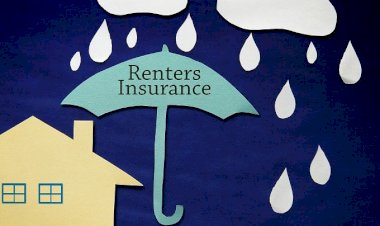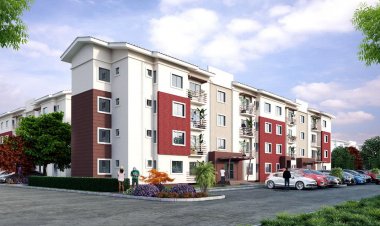8 Financial Options for Affordable Housing in Kenya
Financing affordable housing in Kenya requires a multifaceted approach that combines government support, private investment, and community participation.

Financing affordable housing projects in Kenya requires a combination of innovative approaches and established financing mechanisms to address the diverse needs of individuals and developers. The following are some of the financing options that can be considered:
1. Government Subsidies and Grants
The Kenyan government often provides subsidies and grants to incentivize affordable housing development. These subsidies can include direct financial assistance, tax breaks, or reduced fees for developers. Additionally, grants are sometimes allocated for specific purposes, such as infrastructure development or land acquisition.
2. Public-private partnerships (PPPs)
PPPs involve collaboration between government entities and private developers to finance and implement affordable housing projects. In this model, the government may provide land or infrastructure support, while private developers bring in funding and construction expertise. PPPs can help leverage both public and private resources efficiently.
3. Microfinance and Community Savings Groups
Microfinance institutions and community savings groups offer accessible financing options for low-income individuals looking to build or buy affordable housing. These institutions provide small loans with favorable terms, making homeownership more attainable for marginalized communities.
Listen to the latest episode of African Real Estate Podcast here: https://open.spotify.com/episode/5yYTlQj6f9edjiJ3np28NM?si=2bd9cb5607014690
4. Mortgage Financing
Traditional mortgage financing remains a crucial avenue for homebuyers in Kenya. Commercial banks, mortgage companies, and housing finance institutions offer various mortgage products tailored to different income levels. Down payment assistance programs and subsidized interest rates may also be available for low-income borrowers.
5. Housing Cooperatives
Housing cooperatives pool resources from members to finance affordable housing projects collectively. Members contribute funds through regular savings and may access loans from the cooperative to purchase or construct homes at favorable terms. Cooperatives offer a sense of community ownership and can be particularly beneficial for low-income earners.
6. Impact Investing and Social Housing Funds
Impact investors and social housing funds provide capital to developers focusing on affordable housing projects. These investors prioritize both financial returns and social impact, making them valuable partners for developers seeking to address housing shortages while generating profits.
7. Crowdfunding Platforms
Crowdfunding platforms allow individuals to invest small amounts of money in affordable housing projects. These platforms connect developers with a broad base of investors, democratizing access to real estate investment opportunities while providing developers with alternative funding sources.
Listen to the latest episode of African Real Estate Podcast here: https://open.spotify.com/episode/2JiHBZafr2hLyYVcqpbFqc?si=e9c600f7805a4d46
8. Housing Bonds and Securitization
Governments and financial institutions can issue housing bonds to raise funds for affordable housing initiatives. These bonds attract investors seeking stable returns while channeling capital into housing development. Securitization of mortgage portfolios can also unlock liquidity for lenders, enabling them to extend more affordable housing loans.
In conclusion, financing affordable housing in Kenya requires a multifaceted approach that combines government support, private investment, and community participation. By leveraging a diverse range of financing mechanisms, individuals and developers can contribute to addressing the housing needs of Kenya's growing population while promoting economic stability and social inclusion.
If you have a real estate press release or any other information that you would like featured on the African Real Estate Blog Post, do reach out to us via email at [email protected]

 Joan Achieng
Joan Achieng 


























![4 Indigenous Tribes Living in Huts in East Africa [PHOTOS]](https://realestateblogpost.com/uploads/images/2023/06/image_380x226_6482dd8b5c94a.jpg)




